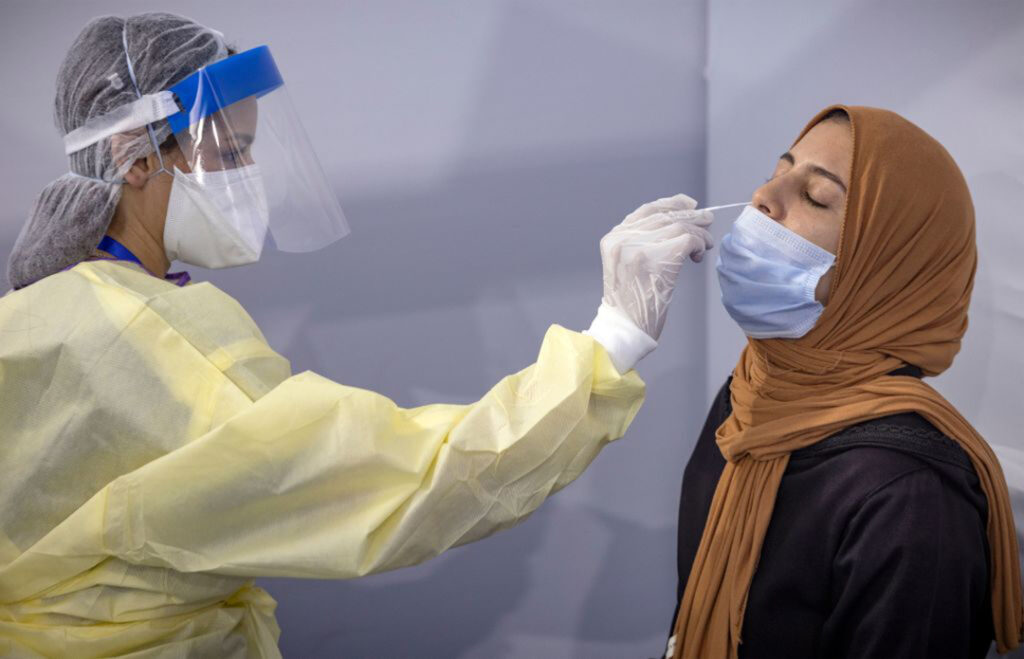ADF STAFF
Africa appears to be on the down slope of its most recent wave of COVID-19 infections, according to a variety of health experts.
Dr. Matshidiso Moeti, director of the World Health Organization’s (WHO’s) Africa regional office, reported during a recent news briefing that the continent’s infection numbers were stabilizing.
Data reported by the Africa Centres for Disease Control and Prevention (Africa CDC) show an overall decline of 11% in infections and 7% in deaths during the month of August.
Africa CDC Director Dr. John Nkengasong reported in early September that, while Central and East Africa saw slight rises in infection rates in August, those were more than offset by decreases in the rest of the continent — particularly in hard-hit areas of Southern and North Africa.
The first week of September saw an even steeper drop of 22% in new cases and 13% in deaths, according to the Africa CDC.
“We’re seeing a downturn starting, but we still have some countries that are in an upward trend,” Moeti said.
Three-quarters of African countries are in the midst of a third wave of infections. Six countries — Algeria, Benin, Kenya, Mauritius, Somalia and Tunisia — are experiencing a fourth wave.
As of mid-September, the continent reported more than 8 million cases and 204,000 deaths from COVID-19 since the pandemic began in early 2020.
Even as infection rates stabilize, African countries are still reporting the spread of the delta variant, which has now reached 36 countries. Researchers are also studying new variants, such as C.1.2, which appeared recently in South Africa, and the eta variant, which was first reported in Nigeria, as potential sources of future waves.
In the meantime, the continent’s overall positivity rate stands at 11%, more than double the WHO’s threshold for recommending government restrictions such as lockdowns. Six countries have reported a positivity rate above 12%, according to the Africa CDC.
The WHO and Africa CDC no longer recommend lockdowns and travel bans, emphasizing instead testing and nonpharmaceutical interventions such as masking and social distancing to quell the spread of infections.
Nkengasong said his agency will soon begin a widespread campaign of community surveillance, deploying rapid testing to locate hot spots and “squash them before they become wildfire.”
People who test positive for COVID-19 will be encouraged to quarantine themselves.
“We can’t continue living through waves,” Nkengasong said. “It has serious consequences for the health system and the economy.”

